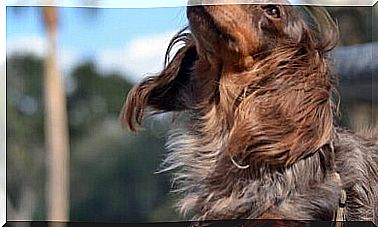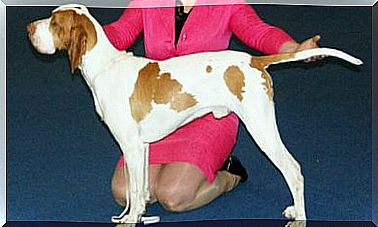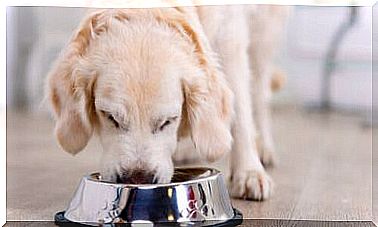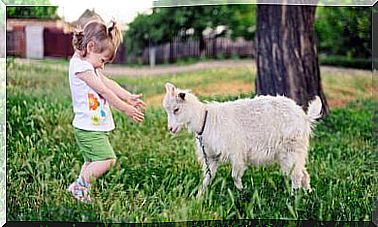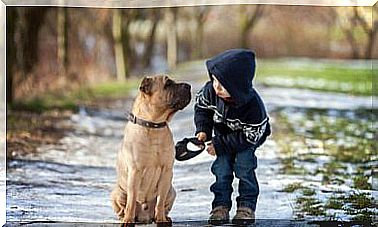Expecting Rewards Is Key To Explaining A Dog’s Abilities
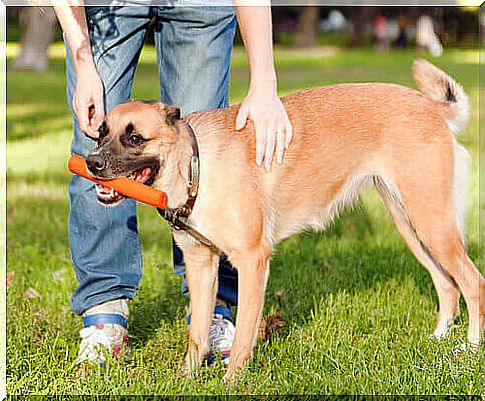
As several canine training specialists indicate, rewards represent the cornerstone of dog education, as they are beings who are able to develop responses to different stimuli, both for some type of conditioning, and for the reward they can receive.
As if you were a child, these little four-legged friends will carry out our order not only because they have an intelligence that makes them obedient, but because they know that any act that pleases their master will be positively rewarded.
In this article we will talk more about this aspect, as it has been a few days since a group of experts went a little deeper into the subject, revealing new details that were very enlightening.
Inhibitory control and rewards

As determined by the University of Veterinary Medicine of Vienna, inhibitory control could be an important indicator of the ability of dogs to be able to solve a given problem, a fact that meant breaking some paradigms that existed about man’s best friend.
Furthermore, it is very important to emphasize that according to several experts in the field, this type of control is very crucial to exercise mental flexibility, as well as impulsive acts and self-regulation of affection.
In a nutshell, all of this means that rewards are, without a shadow of a doubt, the engine of canines for the effective performance of various activities, since by rewarding them, we condition their behavior to a point where many of their actions are associated to stocks of a possible prize.
difference in behavior
Scientists believe that the ability to regulate various emotional responses in dogs is one of the cornerstones in relation to individual differences in performing some tasks related to solving physical problems.
That is, one of the reasons why each canine acts differently in different types of situations and tasks revolves around the way in which he was rewarded throughout his life, since depending on the type of conditioning, his actions will not be exactly equals.
In this experiment, 40 Border Collie dogs were analyzed, assigned three different conditions, and then tested in control-inhibiting tasks such as waiting for a prize, in addition to cognitive measures such as the level of fidelity over an 18-month period. .
Results
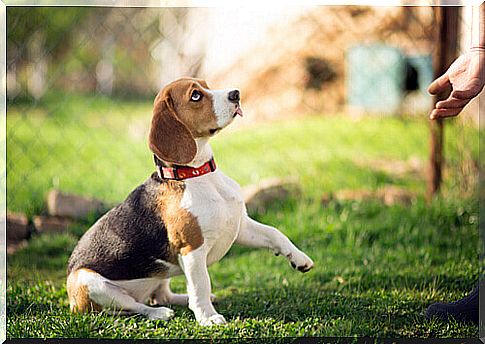
Once the experiment was over, the scientists determined that differences in previous object-related experiences cannot explain the relativity of performance on tasks that have to do with solving some specific type of problem.
Depending on the assigned cognitive task, inhibitory control or rewards had both positive and negative effects on the dog’s performance, and were, in addition, the most effective predictors of individual performance in the different tasks that were assigned.
Finally, whoever developed this thorough study determined that individual performance in each of these designated activities may be completely influenced by the dog’s level of inhibitory control. In a nutshell, rewards are the engine of countless actions and behaviors for man’s best friend, so if you want to educate him as efficiently as possible, rewards will be key.
